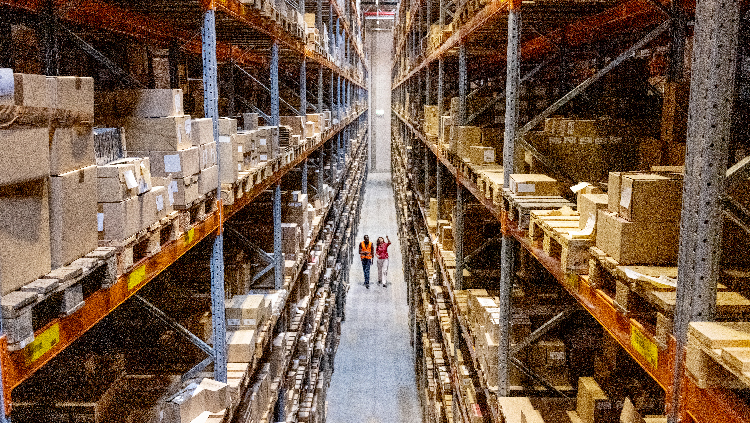The Trade Commissioner Service (TCS), alongside our partners, is working to help Canadian businesses navigate disruptions caused by the various tariffs imposed by the United States (U.S.).
- International Emergency Economic Powers Act (IEEPA) tariffs on Canadian goods: On March 4, 2025, the U.S. imposed tariffs of 25% on goods imported from Canada, and 10% on energy products since amended to include potash. As of March 7, 2025, a tariff exemption applies for Canada-United States-Mexico Agreement (CUSMA)-compliant goods (i.e., goods that qualify for preferential duty-free treatment under the agreement) subject to these tariffs. On August 1, 2025, this 25% tariff increased to 35%. The tariff rate on energy products and potash remains 10%.
- Section 232 tariffs on steel and aluminum: On March 12, 2025, the U.S. imposed a global 25% tariff on steel and aluminum imports, including from Canada. On June 4, 2025, the U.S. increased its tariffs on steel and aluminum imports to 50% and expanded the scope to include additional derivative products. On August 18, the U.S. further expanded the scope of its tariffs on steel and aluminum imports to include additional derivative products. For steel and aluminum derivative products, the 50% tariff applies only to the value of the steel and aluminum content.
- Section 232 tariffs on automobiles and parts: On April 3, 2025, the U.S. imposed a global 25% tariff on imports of automobiles and light trucks, including from Canada. The value of U.S. content in CUSMA compliant vehicles is exempt from Section 232 tariffs (subject to the approval of the Secretary of Commerce on a model-by-model basis). On May 3, 2025, the U.S. imposed tariffs of 25% on non-CUSMA compliant auto parts.
- Section 232 tariffs on copper: On August 1, 2025, the U.S. imposed a global tariff of 50% on imports of semi-finished copper products and derivatives, including from Canada. The 50% tariff applies only to the value of the copper content in these products.
- Section 232 tariffs on wood products: On October 14, 2025, the U.S. imposed a global tariff of 10% on timber (logs) and softwood lumber, a global tariff of 25% on certain upholstered furniture, and a global tariff of 25% on kitchen cabinets and vanities. The tariffs on certain upholstered furniture and on kitchen cabinets and vanities were set to increase to 30% and 50%, respectively, on January 1, 2026. On December 31, 2025, the U.S. delayed those increases by one year, until January 1, 2027.
- Section 232 tariffs on medium- and heavy-duty vehicles (trucks), parts and buses: On November 1, 2025, the U.S. imposed global tariffs under Section 232 of 25% on imports of medium- and heavy-duty vehicles (MHDVs) (trucks) and their parts and a global tariff of 10% on buses. The value of U.S. content in CUSMA compliant MHDVs is exempt from Section 232 tariffs (subject to the approval of the Secretary of Commerce on a model-by-model basis). CUSMA compliant MHDV parts are not subject to 25% tariffs until the Department of Commerce establishes a process to apply the tariffs exclusively to the non-U.S. content of MHDV parts. There is no exemption from the 10% tariff on imports of buses.


